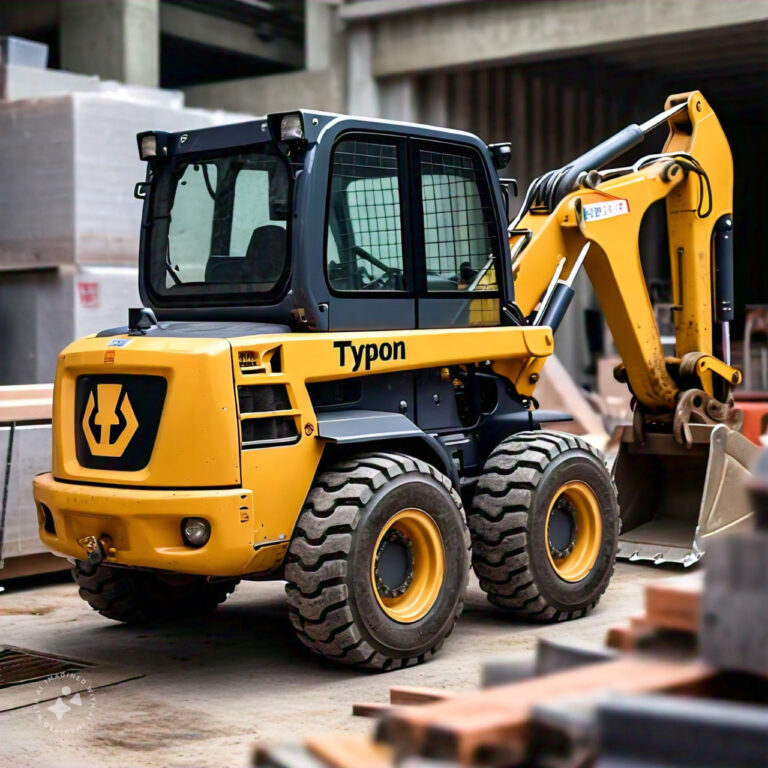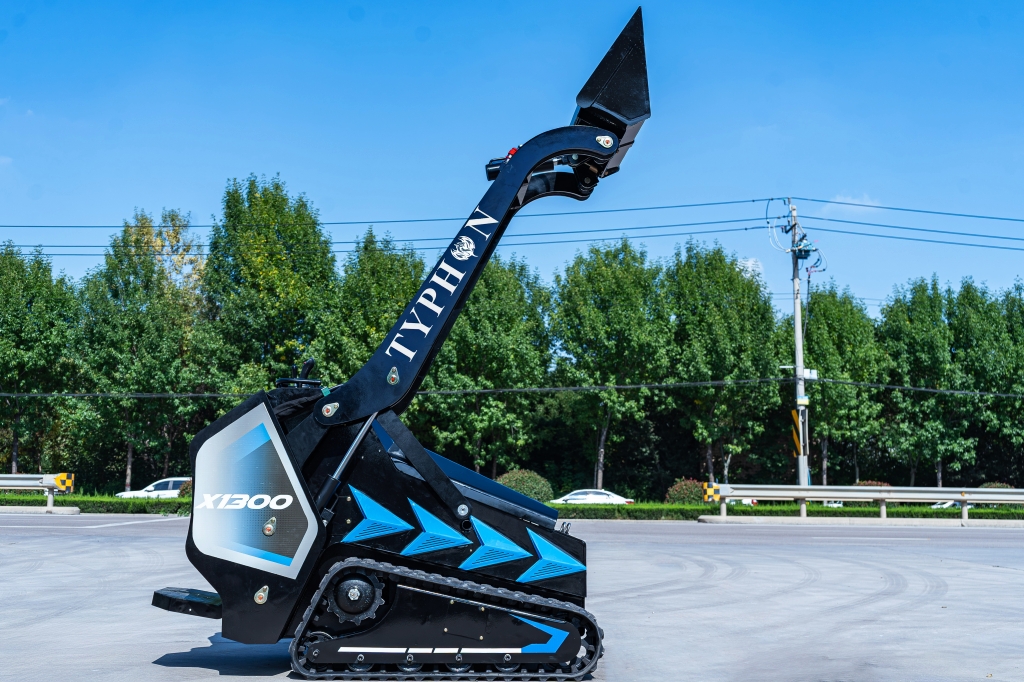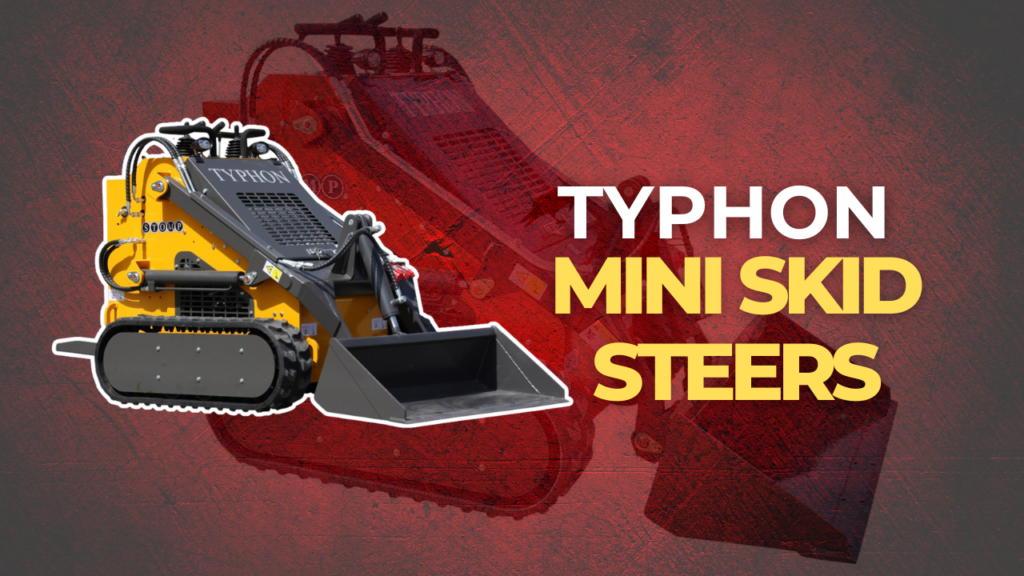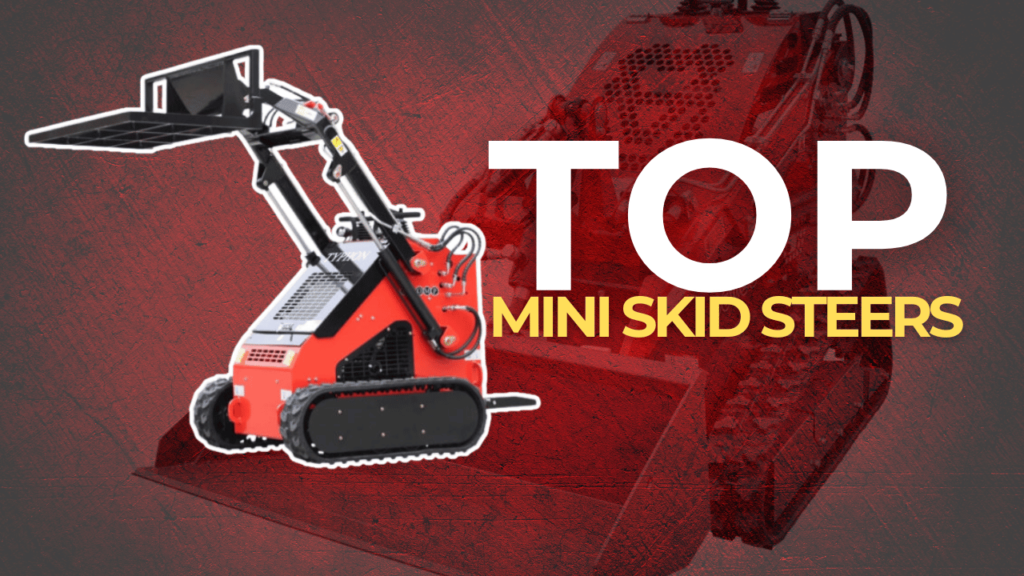Renowned for their adaptability and power, skid steers have grown to be indispensable tools in many different sectors. From large farms to building sites, these little loaders are great for quickly managing a variety of chores. Skid steers provide unparalleled adaptability whether negotiating tight quarters or charging over difficult terrain. This essay will walk you through the realm of skid steer purchasers, clarifying their particular demands and how these equipment fit various sectors.
Understanding the Skid Steer Market
The skid steer market has seen notable expansion over years due in great part to need for efficient and adaptable gear. Skid steers, with an estimated market value of more than $2 billion, find use in agriculture, landscaping, and building among other industries. With a predicted CAGR of almost 3.5% over the next ten years, the variety of applications and sectors helps to explain the consistent expansion of the market.
Segmenting the skid steer market helps us understand the varied needs of different industries:
- Construction: This segment requires robust machines capable of handling heavy loads and performing diverse tasks.
- Landscaping: Here, the focus is on maneuverability and the ability to transition between different attachments seamlessly.
- Agriculture: Agricultural buyers prioritize durability and adaptability to various farming tasks.
Profiles of Skid Steer Buyers
Knowing the characteristics of skid steer purchasers helps one to understand their particular needs and how their companies could gain from these equipment.
Construction Companies
Among the biggest buyers of skid steers are building firms. On building sites, these flexible, compact devices are very helpful. Many times utilized are skid steers for:
- Excavation and Earthmoving: Ideal for digging, grading, and debris removal.
- Demolition: Their agility makes them perfect for smaller demolition projects.
- Material Handling: Skid steers, equipped with bucket attachments, efficiently transport and load heavy materials.
For many small to mid-sized construction companies, owning a skid steer means having a multi-functional tool that can adapt to various tasks.
Landscaping Companies
Whether tiny local businesses or bigger firms, landscaping industries depend mostly on skid steers. These vehicles help in grading land, excavation, tree planting, bush clearance. Main benefits consist in:
- Tight Access: Navigating narrow pathways and small yards is easy with skid steers.
- Time Efficiency: Completing jobs faster improves operational efficiency.
- Reduced Labor Costs: Skid steers handle tasks that would otherwise require a larger crew.
Investing in skid steers frequently pays off quickly for landscapers as they cut the need for extra manpower and tools.
Farmers and Agricultural Buyers
Skid steers are a major buy for farmers as they are utilized for many purposes in the agricultural field. They are used in:
- Animal Care: Cleaning animal pens, moving feed, and managing manure.
- Harvesting: Transporting produce from fields to storage.
- Ground Preparation: Using attachments like augers and tillers to prepare land for planting.
For smaller farms, a skid steer is a cost-effective choice, eliminating the need for multiple specialized machines.
Municipal and Government Buyers
Skid steers are often bought by municipal governments and public works agencies for repair of infrastructure. Often used are:
- Street Maintenance: Equipped with sweepers and snow blades for cleaning roads.
- Parks and Recreation: Maintaining trails and managing green spaces.
- Utilities: Digging trenches and repairing sidewalks.
Local governments value skid steers for their versatility and year-round utility in maintaining public spaces.
Rental Companies
Skid steers are a staple in equipment rental fleets due to their high demand. They offer:
- High Demand: Consistent rental income from diverse applications.
- Low Maintenance Costs: Easy maintenance makes them cost-effective for rentals.
- Profitability: Many users require skid steers only for short-term projects.
Rental companies benefit from the steady demand for skid steers, which cater to various industries.
Small Business Owners
Small business owners, particularly in construction, property management, and snow removal, find skid steers appealing due to:
- Affordability: Compared to larger machinery, skid steers provide excellent value.
- Versatility: Adaptable to multiple tasks with various attachments.
- Portability: Compact size allows for easy transportation to different job sites.
For small businesses with diverse needs, skid steers offer a practical solution.
Individuals and Homeowners
While less common, some individuals buy skid steers for personal use, especially those with large properties or DIY projects. They appreciate:
- DIY Projects: Cost-effective for homeowners regularly engaging in large-scale projects.
- Long-Term Maintenance: Owning a skid steer reduces long-term costs for large properties.
Construction and Mining Operations
Skid steers in mining manage jobs needing mobility in limited areas. Urban project-oriented construction organizations make use of them for road development, commercial building upgrades, and more.
Utility Companies
Utility companies use skid steers for tasks like trenching and site preparation. The compact frame and ease of use make them ideal for utilities work.
Why Choose a Nicosail Skid Steer?
Nicosail stands out as a top choice for skid steers, known for:
- Affordability: High-quality machines at competitive prices.
- Versatility: Numerous attachments for various tasks.
- Reliability: Robust engineering ensures longevity.
- Customer Support: Excellent pre- and post-purchase support.
Nicosail skid steers meet the needs of buyers across industries, offering exceptional value and performance.
Factors Influencing Skid Steer Purchases
The decision to purchase a skid steer involves several considerations:
- Financial Considerations: Different industries have varying budgets and financing options.
- Operational Needs: Efficiency and productivity are key factors for businesses.
- Environmental and Regulatory Factors: Compliance with regulations and environmental impact assessments play a role.
Emerging Technologies and Trends
Innovation continues to shape the skid steer market:
- Impact of Innovation: Advances in technology enhance skid steer design and functionality.
- Future Trends: Autonomous features and improved sustainability measures are on the horizon.
How to Choose the Right Skid Steer
Selecting the right skid steer involves considering:
- Industry-Specific Needs: Tailoring choices for each industry’s unique requirements.
- Attachments and Versatility: Assessing available attachments and their applications.
- Budget and Financing Options: Evaluating cost and payment plans.
The Conclusion
Essential instruments in many different sectors, skid steers provide unsurpassed adaptability and efficiency. Making wise buying selections in building, landscaping, or agricultural requires knowing the characteristics and demands of skid steer consumers. The correct skid steer may improve output, save expenses, and simplify processes. For those on the market, choosing brands like Nicosail guarantees quality, price, and long-term value, thereby guiding any purchase decision.

